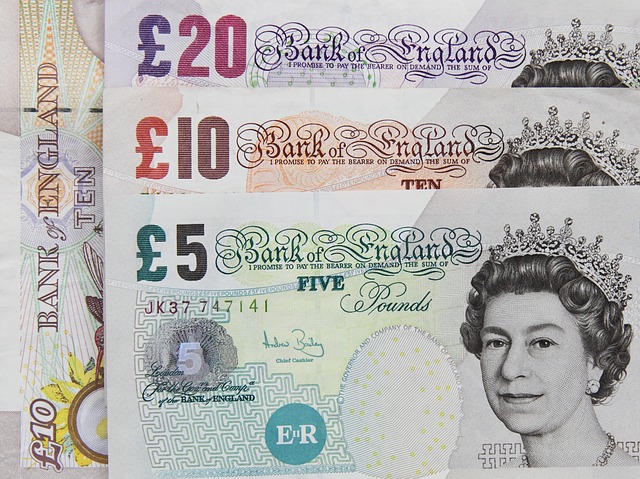The value of the pound dropped off a small cliff when it became clear that Britain had voted to leave the European Union. But this is not necessarily a bad thing. Simple economics dictates that a falling currency is good for exports – so in theory the fall could be beneficial for the UK economy.
But currency movements in either direction have consequences. If a currency is too weak, then you have an oversupply of money and fast inflationary growth, while if it is too strong you have an undersupply and slow but steady growth.
An oversupply of money reduces the value of a currency and leads to an inflated economy as interest rates are too low and the money is cheap and abundant. This happened in Greece with the euro before the financial crisis when an oversupply of money led to an unstable, inflationary economy.
With an undersupply of money the economy stagnates, as interest rates are too high, the value of a currency increases and money is therefore expensive. This is what happened in the UK during its time in the European Exchange Rate Mechanism (1990 to 1992) and also Greece after 2008 as the euro switched from being too cheap for the country to too expensive.
So the answer to whether or not a fall in your currency is a good thing depends on how and where you spend it, as well as the relationship between your country’s economic activity and the outside world. The claim that a weakened currency makes exports cheaper is true, but this is a short-term gain that comes with a proviso: what about the imports that those exports rely on, such as raw materials?
An estimated 50% of UK exports rely on imported components. These will become more expensive as the pound falls. So the gains made from a growth in exports will be limited.

Brexit’s effect on the pound. xe.com
A weaker currency can have more negative effects, too. It is often associated with low productivity growth and inflation due to an increase in the demand for retail goods and services. Take China’s currency: the renminbi is systematically undervalued to keep its exports competitive, but the country has a problem of low productivity because its products remain cheap without the need for investment in production.
Finance crunch
The main issue for the UK, however, is that one of its biggest industries will suffer from the hit to the pound – financial services. Financial services contributed 14.5% towards British GDP in 2014, as opposed to 11% for manufacturing and 7% for construction. Plus, finance is part of an overall service sector that forms 80% of UK GDP. The country’s finance industry is likely to suffer because it is built on foreign investment that puts its faith in a strong pound.
This includes investment in stocks and other financial instruments, government debt and activities such as property investment in London or regional centres such as Manchester. A weak pound will eat into these profits. For example, house prices in London rose by 10.8% in 2015 and yet the pound has fallen by around 12% – so an overseas investor that purchased a London property during the past 12 months effectively had their profits wiped out this week.
And even without major losses this will have an effect on demand. A fall in buyers will lead to lower prices and if investors offload properties to recoup at least some money then prices will fall further.
This is a good thing for those priced out of buying a London home by Russian and Chinese plutocrats inflating the London property market as prices in the capital will fall. One of Singapore’s largest lenders has suspended its loan programme for London properties, for example, following the 10% rise in its currency against the pound. But if you work in finance or construction there is less reason to celebrate, as the fall in the pound could lead to job losses in these sectors.
In short, whether a fall in the value of a currency is good or bad depends on imports and exports, and the type of economy a country has. As the UK’s economy is centred on an influx of money to invest in its finance industry – which requires a strong currency to produce returns – it will feel the crunch. Claims that the fall in the pound are good for exports fail to take this into account.
Duncan Connors does not work for, consult, own shares in or receive funding from any company or organisation that would benefit from this article, and has disclosed no relevant affiliations beyond the academic appointment above.
Duncan Connors, Teaching Fellow in Finance and Economics, Durham University
This article was originally published on The Conversation. Read the original article.




 JPMorgan Lifts Gold Price Forecast to $6,300 by End-2026 on Strong Central Bank and Investor Demand
JPMorgan Lifts Gold Price Forecast to $6,300 by End-2026 on Strong Central Bank and Investor Demand  FxWirePro- Major Crypto levels and bias summary
FxWirePro- Major Crypto levels and bias summary  BTC Flat at $89,300 Despite $1.02B ETF Exodus — Buy the Dip Toward $107K?
BTC Flat at $89,300 Despite $1.02B ETF Exodus — Buy the Dip Toward $107K? 

































